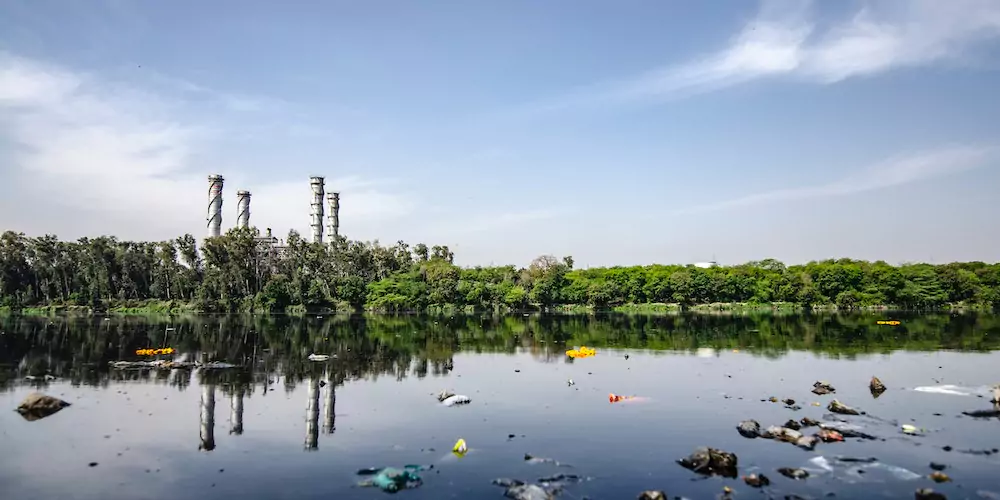The Gold Coast is one of the most popular cities in Queensland particularly known for its beautiful beaches, vibrant marine life, and crystal-clear waters. These attract millions of tourists and locals alike to the city every year. However, with increased urbanization, industrialization, and human activities trouble is brewing in the paradise. Gold Coast is facing significant challenges related to water pollution as its water sources are at risk of contamination through garbage, chemicals and more. Therefore, the need of the hour is to implement proactive measures to protect and preserve waterways in Gold Coast and save water from pollution for generations to come.
Want to know how you can help? Here are six effective ways to prevent water pollution in Gold Coast.
1. Raise Awareness Among People
Water pollution is a topic that must be talked about as it is one of the best ways to combat water pollution. Raising awareness about the water pollution is possible by educating residents, visitors, and businesses about the impact of pollution on the region’s water sources can instil a sense of responsibility. Public awareness campaigns, workshops, and community events also play a vital role in educating the masses about simple measures they can take to reduce pollution, such as proper waste disposal and minimizing the use of single-use plastics.
2. Improve Stormwater Management
Stormwater runoff is a significant contributor to water pollution in urban areas. As rainfall washes over impervious surfaces like roads, parking lots, and rooftops, it picks up pollutants such as oil, chemicals, litter, and sediment, eventually flowing into rivers and oceans. Implementing effective stormwater management techniques, such as the construction of permeable pavements, green infrastructure, and retention ponds, can help filter and trap pollutants before they reach the water bodies.
3. Implement Industrial Regulations
Industrial activities can release harmful pollutants into the environment if not regulated properly. The Gold Coast authorities should enforce strict regulations on industries, ensuring they comply with environmental standards. Companies must be held accountable for proper waste disposal, recycling, and reducing toxic emissions. Regular inspections and penalties for non-compliance will act as deterrents and encourage responsible practices.
4. Promote Sustainable Agriculture
Agricultural runoff is another significant source of water pollution. Excessive use of fertilizers, pesticides, and improper waste management can contaminate nearby water sources. Encouraging farmers to adopt sustainable agricultural practices, such as crop rotation, organic farming, and precision irrigation, can minimize the impact of agricultural activities on water quality.
5. Enhance Wastewater Treatment
Improving wastewater treatment facilities is crucial in preventing water pollution. Untreated or poorly treated sewage can discharge harmful pathogens and chemicals into rivers and oceans, posing serious health risks and harming aquatic life. Upgrading existing treatment plants and implementing advanced treatment technologies can significantly reduce the pollution from wastewater discharge.
6. Organize Regular Cleanup Events
Community engagement plays a vital role in preserving the cleanliness of water sources. Regular cleanup events along the beaches, rivers, and lakes can remove litter and debris that would otherwise end up in the water. Local authorities, non-profit organizations, and concerned citizens can collaborate to organize these events, fostering a sense of environmental stewardship among the community.
Wrapping Up
Protecting the water sources of Gold Coast is not just the responsibility of the government or environmental organizations—it’s a collective effort. By raising public awareness, improving stormwater management, enforcing industrial regulations, promoting sustainable agriculture, enhancing wastewater treatment, and organizing cleanup events, we can prevent water pollution and safeguard the natural beauty and biodiversity of this stunning region. The Gold Coast has a unique and fragile ecosystem that requires our care and protection.






